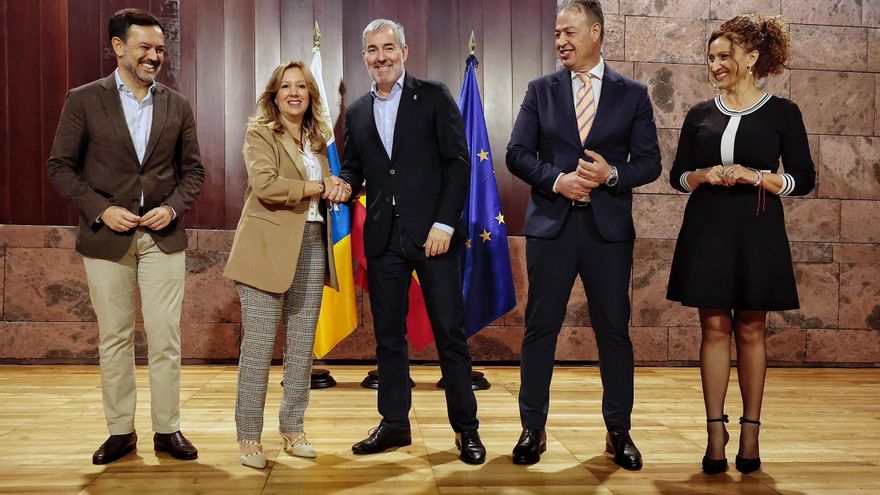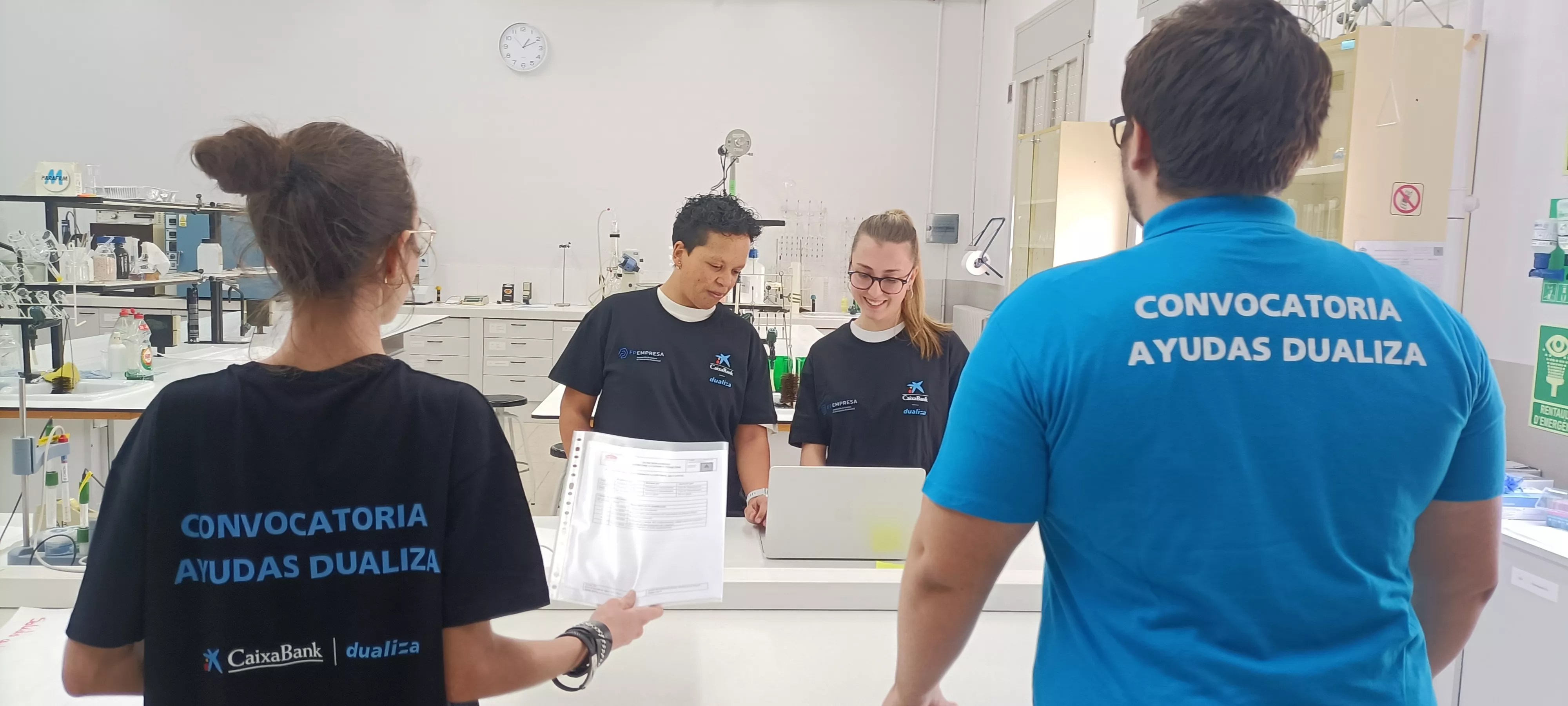
The Government of the Canary Islands and Tenerife Council have formalised their partnership concerning housing to construct 257 social apartments with affordable rents and public ownership within seven municipalities across the island, notably in the north, south, and metropolitan area, specifically in Santiago del Teide, El Sauzal, Granadilla, Guímar, Los Realejos, El Rosario, and San Miguel de Abona. The regional president, Fernando Clavijo, alongside the insular president, Rosa Dávila, formalised the agreement yesterday that outlines an investment of €45 million between the two administrations up until 2028. Of this total, €25.7 million are contributed by the Canary Islands Housing Institute (Icavi), with €19.3 million coming from the island corporation. Work is set to commence in 2025 at two sites, Santiago del Teide and El Sauzal, where bidding processes are currently underway.
Competencies
The Cabildo of Tenerife has become the first island institution within the Canary Islands to take on the powers established by the Royal Decree of urgent measures relating to housing instituted by the Government of the Canary Islands in February of last year. This enables it to directly promote, tender, and construct protected housing, representing “a historic milestone, a pivotal moment in the housing policies of the Island,” according to Rosa Dávila.
“Essential”
The president of the Canary Islands, Fernando Clavijo, emphasised the agreement between the administrations on housing as “essential to provide a better service” to those in need of a decent home at reasonable prices. Alongside Clavijo and Dávila, the director of Icavi, Antonio Ortega, the insular vice president, Lope Afonso, and area advisor, Sonia Hernández, participated in the signing event. Clavijo noted that “this agreement is a reflection of our ongoing efforts since the start of the Legislature to put the Canary Islands Housing Plan 2020-2025 into practice.” He affirmed that “this is a definitive step in the Government’s promise to ensure that all residents of the Canary Islands have access to decent and affordable housing.” Moreover, he stated that “it is vital to involve island entities in the solutions affecting their citizens, regardless of jurisdiction.” Thus, “we persist in fostering collaboration between administrations, which is the key tool.”
“Historic Milestone”
Rosa Dávila characterised the agreement as a “historic milestone for our Island. Assuming authority in housing matters not only represents a significant leap in our operational capacity, but also an act of responsibility regarding one of the most pressing issues we encounter as a society. She underscored that “the construction of these residences will alleviate the pressures on the property market and enhance the living standards of the most vulnerable families.”
The Agreement
The agreement aims to augment the public housing supply in Tenerife. A total of €45 million will be co-financed, with 57.11% provided by Icavi and 42.89% by the Cabildo. The 257 protected units, built on public land allocated free of charge by local councils and leased under public ownership, will be distributed as follows: Santiago del Teide (Arguayo, €3.3 million) and El Sauzal (Calle San Nicolás, €3.2 million), each with 17 homes; Granadilla de Abona (Cuevas Cho Portada, €7.9 million) with 47; Güímar (Las Cruces, €4.9 million) with 30; Los Realejos with 27; San Miguel de Abona (15.7 million) with 90; and El Rosario with 29. The agreement empowers the Cabildo with comprehensive oversight of the projects, spanning from tendering and contracting to execution and supervision, while Icavi provides the necessary plots and covers part of the expenses for technical and construction management services.
















